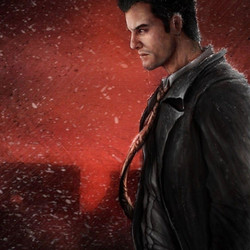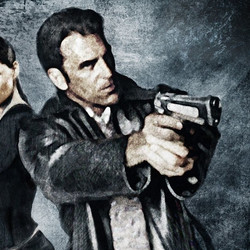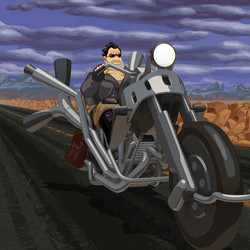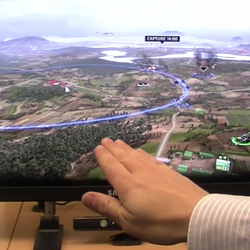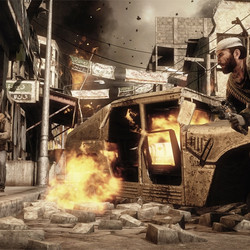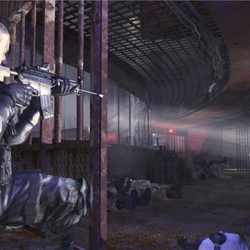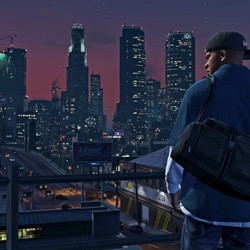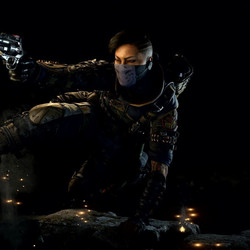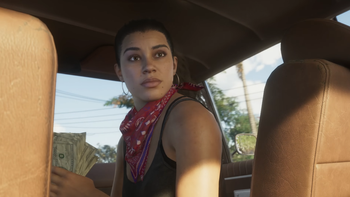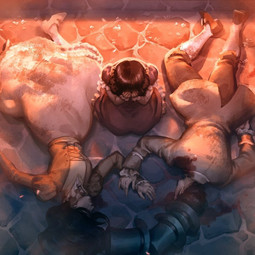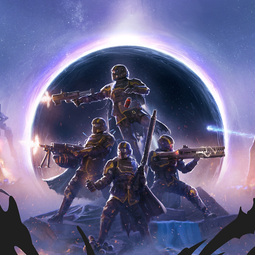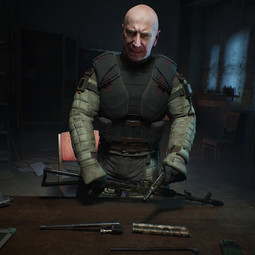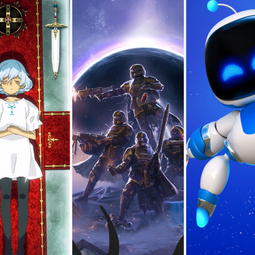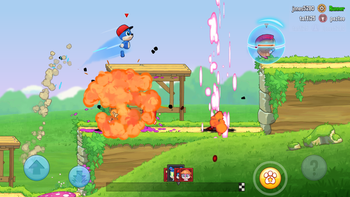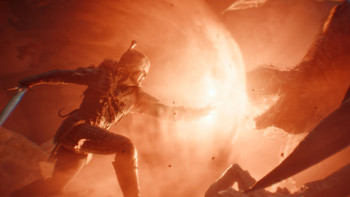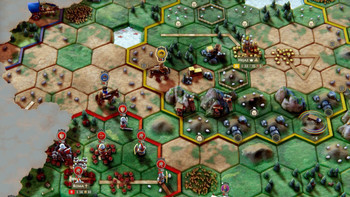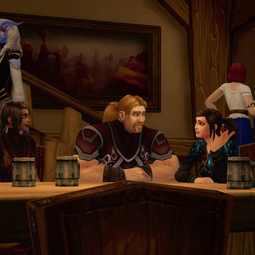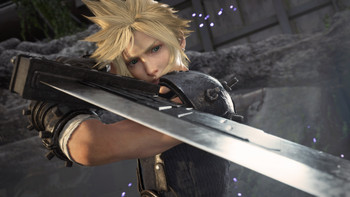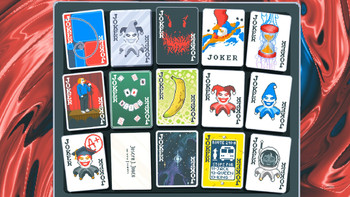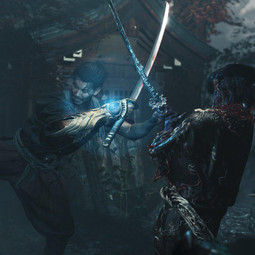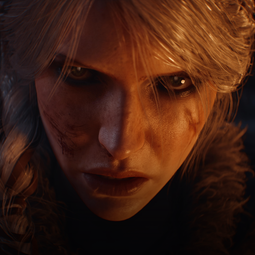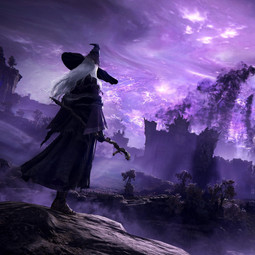Gamer.no: Character development is the key to any role-playing game. And maybe most importantly - what will wealth be able to get you in the Caribbean? Any important symbols of status, like houses or titles?
TD: Your biggest status symbol in the game is your ship. Much as in a driving game, you can perform extensive modifications to your ship to tune its performance in all kinds of ways. The better you make your ship, the more effective you are. And while we have twenty different ships available in the game, from small, swift sloops to massive 74-gun ships of the line, bigger doesn't mean better. The sloop can easily outrun a 74, for example. Experienced players will find the ship that suits them and then trick it out to get an edge.
The other measure of your accomplishments is your reputation. This is a set of measurements that other players and NPCs react to, and it includes your legal standing, your rank within a navy or company, your reliability in completing missions, your combat effectiveness, your business acumen, and so on. Some of these measurements vary by nation, as well. Your acts of piracy against the Spanish may mean that you cannot enter any Spanish ports, and that Spanish warships will attack you on sight -- but to your English allies, you're a hero.
Gamer.no: Will player versus. player combat be included? How will this work, and will players be able to attack and board other ships controlled by other players? Will this again change the focus from sea-based combat, to combat on deck? How will the combat system work overall?
TD: Yes. We expect combat to fall along lines of affiliation, as in Dark Age of Camelot, though we aren't nearly as strict. Nations will go to war depending on the state of the player-driven world, leading to conflicts between, say, English merchants who are now acting as privateers and their Spanish enemies. Pirates, of course, are always at war with everyone! But there are no limits on this. If you're an upstanding English naval officer, you can attack your admiral's flagship if you like. Your criminal status will change, of course, and you'll become the target for your former comrades. But the choice is yours, to build your reputation as you please.
Boarding actions are an important part of ship combat. You can capture other ships, loot them, sink them, or use them yourself.
Gamer.no: Tell us something about the social element in Pirates of the Burning Sea. Will players be able to create and get together in communities? Are you implementing player housing, and will there be any sort of political system in place?
TD: Players have a variety of basic alliances, including national affiliation and their current profession. French naval officers and British trade company merchants, for example, are two groups that players might belong to. Players can also form short-term groups for voyages and combat.
Politics is very important to our game. The three main nations have reputations of their own, and their relationships change over time. If player merchants gradually drive down the price of tobacco in Britain, Spain may respond to placing tariffs on British tobacco imports. The national relationships have a variety of stages, from firm allies to open warfare. And it's the aggregate of all player action in the game that shifts these relationships to and fro.
Housing isn't in the initial release. We have a lot of work to do before we get to that point.
Gamer.no: Tradeskills and crafting is a central element to any online game out there, and has been the defining factor for games such as Ultima Online and Star Wars Galaxies. Will there be any such system in Pirates of the Burning Sea? Are we looking upon the prospect of professional ship builders, perhaps?
TD: The initial release is focused on sailing, trading, combat, missions, organizations, and reputation. We'll be adding new features as the game goes on, distributing them through Steam. We do have big plans for crafting, but it's not something we're going to tackle yet.
